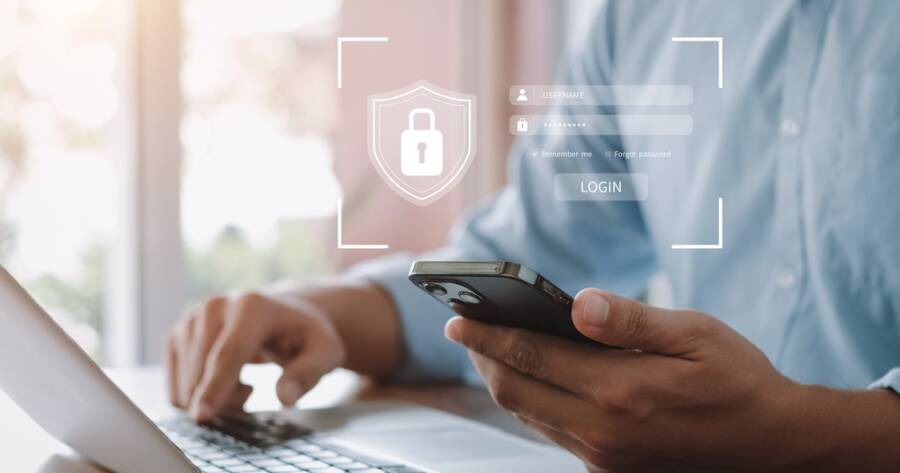In 2025, our lives are more connected than ever. From banking and shopping to work meetings and health tracking, much of what we do happens online. While the digital world offers incredible convenience, it also opens the door to cyber threats that can compromise your personal data, finances, and privacy. Whether you’re tech-savvy or just learning the ropes, understanding how to protect yourself online is essential. To understand online safety, consider the steps you can take to secure your digital life.
1. Use Strong, Unique Passwords (and a Password Manager)
Still using “123456” or “password” for multiple accounts? It’s time to upgrade. In 2025, hackers use advanced tools to guess weak or reused passwords in seconds.
What to do:
- Use complex passwords with a mix of letters, numbers, and special characters.
- Avoid using personal info like your birthday or pet’s name.
- Use a password manager like 1Password, Bitwarden, or LastPass to generate and store unique passwords for each account securely.
Bonus tip: Many password managers now support biometric login (like face or fingerprint recognition), adding another layer of protection and convenience.
2. Enable Two-Factor Authentication (2FA)
Two-factor authentication is one of the easiest and most effective ways to protect your accounts. It requires you to enter a second code—usually sent via text, email, or an authentication app—after your password.
What to do:
- Turn on 2FA for your most important accounts: email, banking, cloud storage, and social media.
- Use an authenticator app (like Google Authenticator or Authy) instead of SMS for better security.
- Don’t ignore 2FA prompts—even if it feels like an extra step, it could stop a hacker in their tracks.
3. Keep Software and Devices Updated
Outdated software is a hacker’s dream. Software updates often contain security patches that fix vulnerabilities criminals can exploit.
What to do:
- Enable automatic updates on your devices and apps.
- Don’t delay those update notifications—install them as soon as possible.
- Regularly check for updates on everything from your smartphone to your Wi-Fi router.
4. Be Smart About Public Wi-Fi
Public Wi-Fi networks are convenient but often unsecured, making it easy for hackers to intercept your data.
What to do:
- Avoid accessing sensitive info (like banking or work emails) on public Wi-Fi.
- Use a virtual private network (VPN) to encrypt your connection when using public networks.
- Turn off auto-connect to prevent your device from connecting to unknown networks without your permission.
5. Watch Out for Phishing Scams
Phishing emails and messages have gotten more sophisticated. In 2025, they can look exactly like legit messages from your bank, employer, or favorite store.
What to do:
- Never click suspicious links or download attachments from unknown sources.
- Double-check the sender’s email address or phone number.
- If something feels off, visit the official website or app directly instead of clicking a link.
Trust your gut: if it seems too good to be true, it probably is.
6. Use Privacy Settings and Limit Data Sharing
Apps and websites often ask for more data than they need. The more you share, the more is at risk if there’s a breach.
What to do:
- Review and adjust privacy settings on social media, apps, and browsers.
- Limit location tracking and background data collection.
- Only give permissions to apps that truly need them (e.g., why would a flashlight app need access to your contacts?).
7. Back Up Your Data
Even with all the right precautions, things can go wrong. Backing up your data ensures you won’t lose important files to cyberattacks or technical failures.
What to do:
- Use both cloud backups and external hard drives for important documents, photos, and files.
- Set backups to run automatically on a regular schedule.
Stay Aware, Stay Secure
Online safety in 2025 is all about being proactive and informed. Cyber threats are evolving, but so are the tools to fight them.
By adopting smart digital habits, using reliable tech tools, and staying cautious online, you can protect your data, your identity, and your peace of mind. Think of it as digital self-care—because in today’s world, online safety is just as important as locking your front door.

